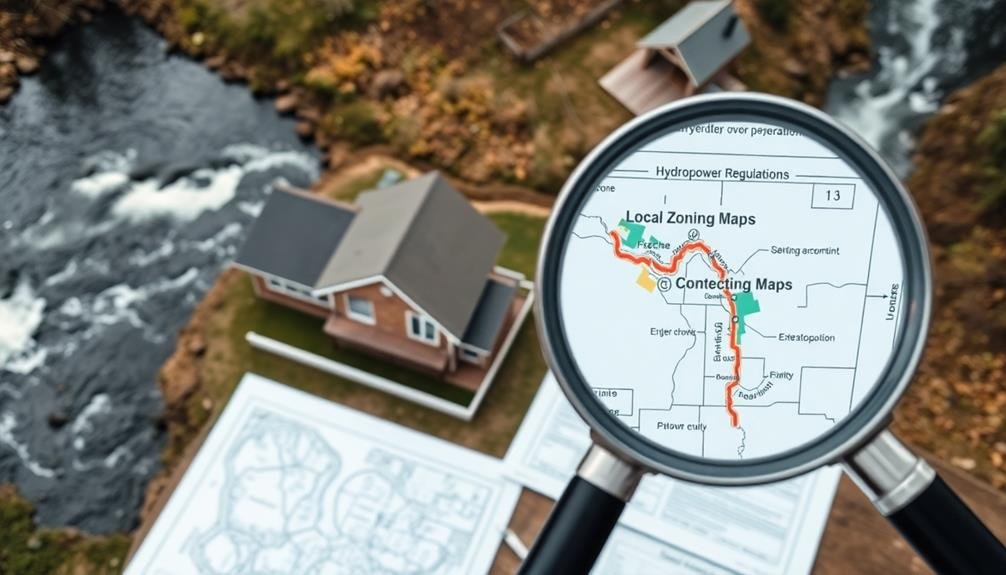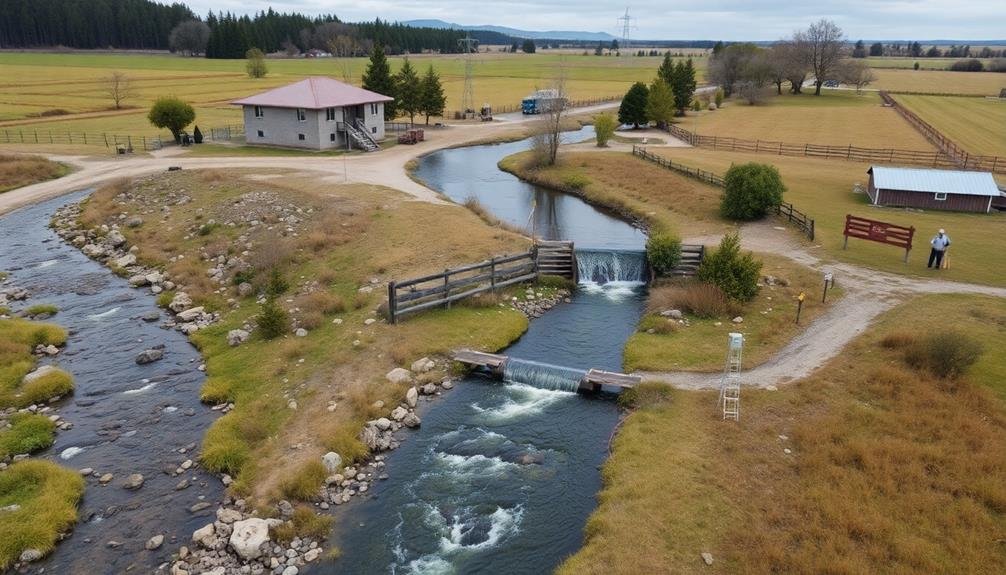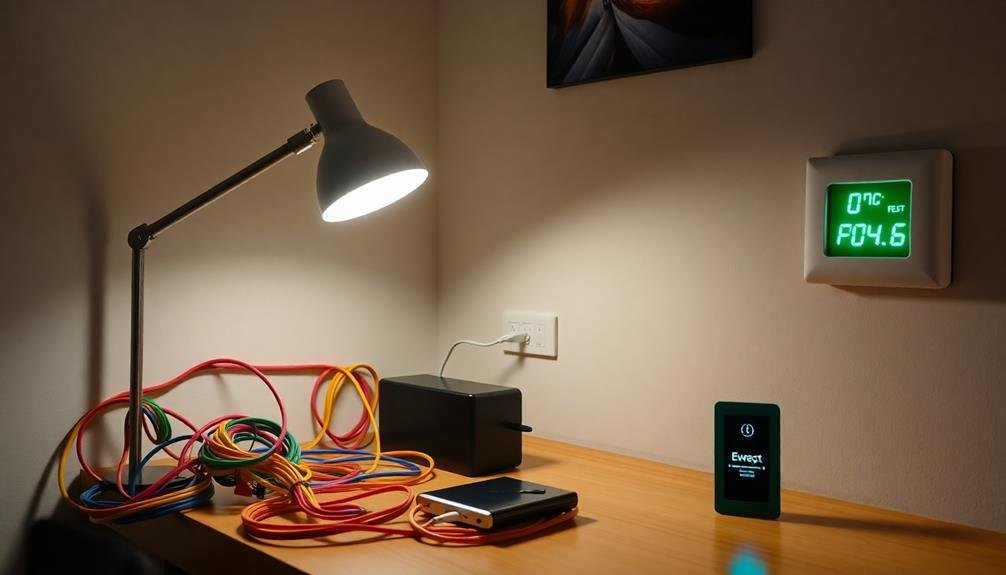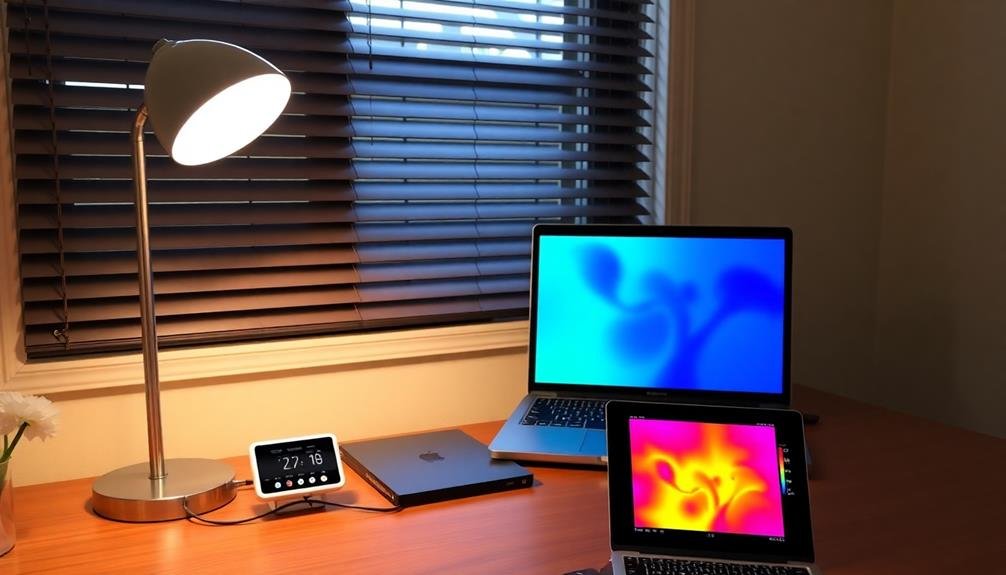To navigate home hydro power permitting successfully, focus on these three key tips: First, thoroughly research local regulations by contacting planning departments and state energy offices to understand zoning laws and permit requirements. Second, consult water rights experts to determine your water usage rights and address potential impacts on downstream users. Third, prepare thorough environmental assessments, including wildlife surveys and ecosystem impact evaluations. By following these steps, you'll be well-prepared to tackle the permitting process and avoid costly setbacks. Dive deeper into each tip to maximize your chances of approval and guarantee a smooth installation process.
Research Local Regulations

Before diving into your home hydro power project, it's vital to thoroughly research the regulations in and around your area. Start by contacting your local planning department to inquire about zoning laws and building codes specific to hydroelectric installations.
You'll need to understand any restrictions on water usage, environmental impact assessments, and potential noise regulations.
Next, reach out to your state's energy office or environmental protection agency. They can provide information on state-level permits required for small-scale hydropower systems.
Don't forget to check with federal agencies like the Federal Energy Regulatory Commission (FERC) to determine if your project falls under their jurisdiction.
Research local watershed management organizations and conservation groups. They may have valuable insights into water rights and ecosystem preservation requirements.
Additionally, consult with your utility company to understand grid connection regulations and potential power purchase agreements.
Document all your findings, including contact information for relevant officials and agencies. This information will be vital when you're ready to apply for permits.
Consult Water Rights Experts
Water rights can be a complex and contentious issue when it comes to home hydro power projects. To navigate this legal landscape, you'll need to consult with water rights experts. These professionals can help you understand the intricacies of water law in your area and guarantee your project complies with all regulations.
Start by contacting your local water resources department or a specialized water rights attorney. They'll guide you through the process of determining your water rights and obtaining necessary permits.
These experts can also help you assess any potential impacts on downstream users or the environment.
Don't underestimate the importance of this step. Failing to properly address water rights issues can lead to costly legal battles or project shutdowns.
Your consultant can help you negotiate with other water users if needed and assist in preparing documentation for your permit application.
Prepare Thorough Environmental Assessments

Environmental stewardship is an essential aspect of any home hydro power project. To guarantee your installation meets all necessary requirements, you'll need to prepare thorough environmental assessments.
Start by conducting a detailed wildlife survey, identifying any protected species in the area that might be affected by your project. You'll also need to assess the potential impact on fish populations and their migration patterns.
Next, evaluate the water quality and flow rates of your stream or river. This data will help determine how your hydro system might affect downstream ecosystems.
Consider potential erosion issues and develop a plan to mitigate any negative impacts on the surrounding landscape.
Don't forget to assess noise levels and visual impacts on the surrounding area. You may need to implement sound-dampening measures or design your installation to blend with the natural environment.
Frequently Asked Questions
How Long Does the Typical Hydro Power Permitting Process Take?
You'll find the typical hydro power permitting process can take 2-5 years. It's lengthy due to various environmental assessments, public consultations, and regulatory approvals. Be prepared for a complex journey that requires patience and persistence.
What Are the Average Costs Associated With Obtaining a Home Hydro Power Permit?
You'll typically spend between $5,000 and $30,000 for a home hydro power permit. Costs vary based on project size, location, and complexity. You'll need to budget for application fees, environmental studies, and professional consultations throughout the process.
Can I Install a Micro-Hydro System Without Obtaining a Permit?
You shouldn't install a micro-hydro system without a permit. It's typically illegal and can lead to fines or legal issues. Check your local regulations, as requirements vary. Even small systems often need approval for safety and environmental reasons.
Are There Tax Incentives Available for Home Hydro Power Installations?
You'll find tax incentives available for home hydro power installations. Check with your state and local government for specific programs. Federal tax credits may also apply. Don't forget to research utility company rebates and renewable energy incentives too.
How Much Power Can a Residential Hydro System Typically Generate?
You'll find that residential hydro systems typically generate 1-5 kW of power. However, your output can vary based on water flow, head height, and system efficiency. It's often enough to offset a significant portion of your home's electricity needs.
In Summary
You've now got the key tips for steering through home hydro power permits. Remember, research is vital – don't skip local regulations. It's wise to consult water rights experts who can guide you through complex legal issues. And don't underestimate the importance of thorough environmental assessments. They're essential for approval. With these strategies, you'll be better prepared to tackle the permitting process and bring your home hydro power project to life. Good luck!





Leave a Reply